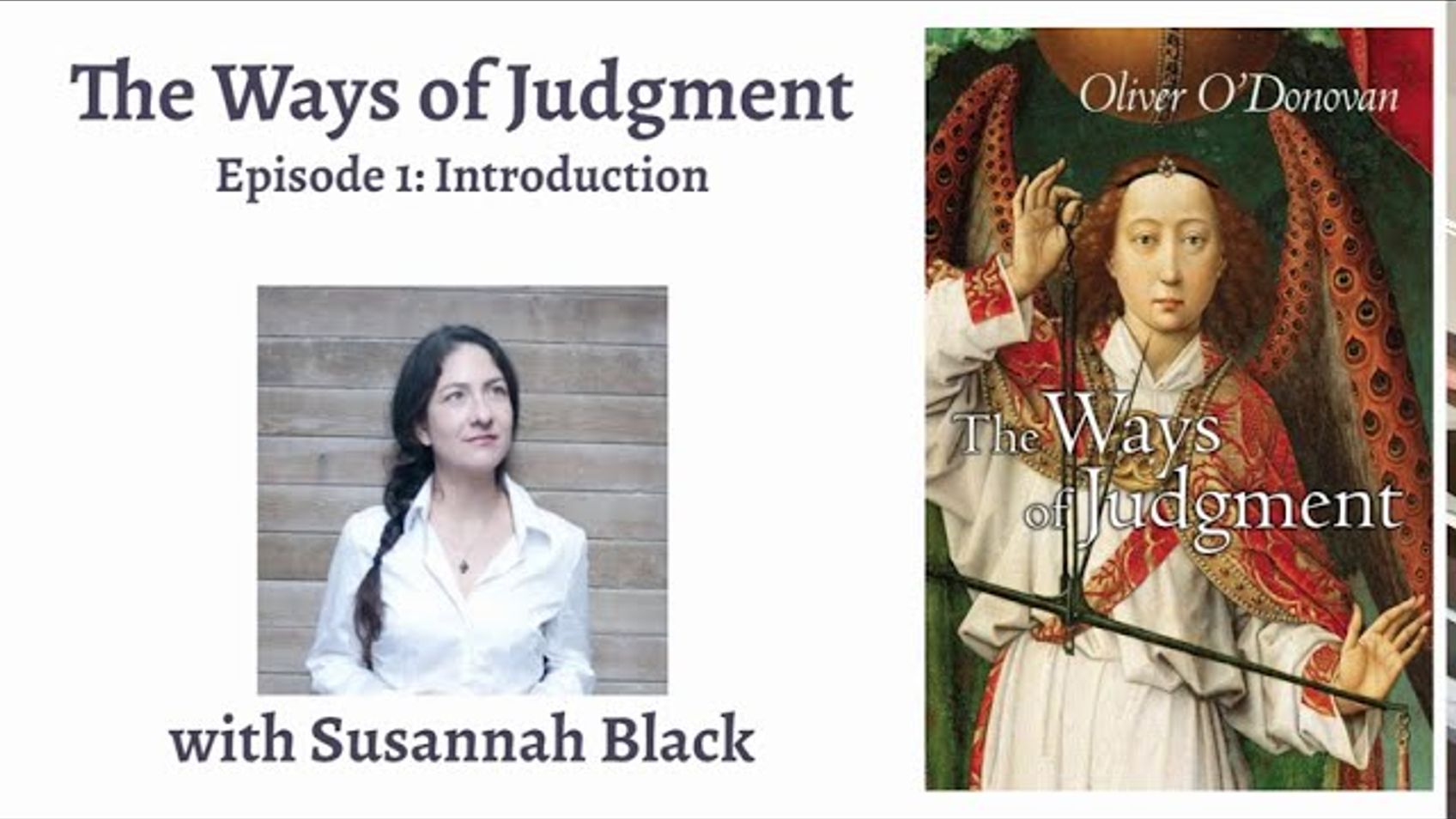'The Ways of Judgment': Part 1—Introduction (with Susannah Black)

Susannah Black (Plough, Breaking Ground) joins me for the first part of our discussion through Oliver O'Donovan's 'The Ways of Judgment'. If you are interested in following along, I highly recommend that you purchase a copy of the book here: https://amzn.to/2ZeXFXW.
If you have enjoyed my output, please tell your friends. If you are interested in supporting my videos and podcasts and my research more generally, please consider supporting my work on Patreon (https://www.patreon.com/zugzwanged), using my PayPal account (https://bit.ly/2RLaUcB), or by buying books for my research on Amazon (https://www.amazon.co.uk/hz/wishlist/ls/36WVSWCK4X33O?ref_=wl_share).
The audio of all of my videos is available on my Soundcloud account: https://soundcloud.com/alastairadversaria. You can also listen to the audio of these episodes on iTunes: https://itunes.apple.com/gb/podcast/alastairs-adversaria/id1416351035?mt=2.
More From Alastair Roberts
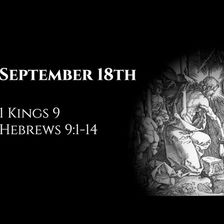

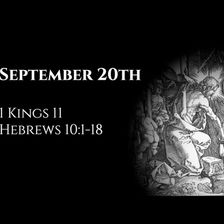

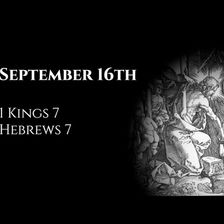
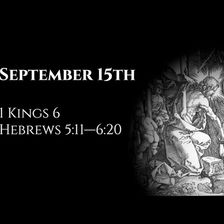
More on OpenTheo















